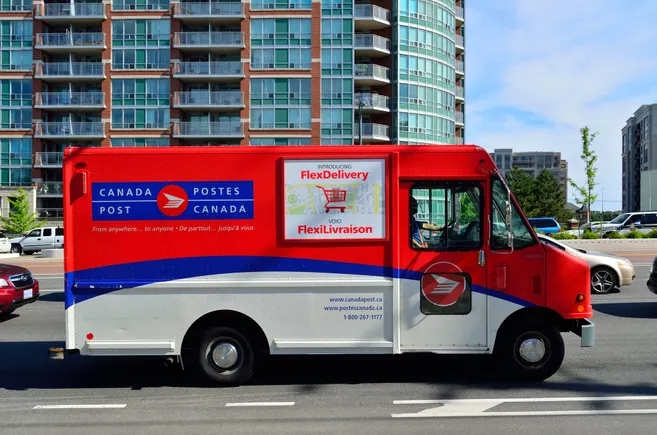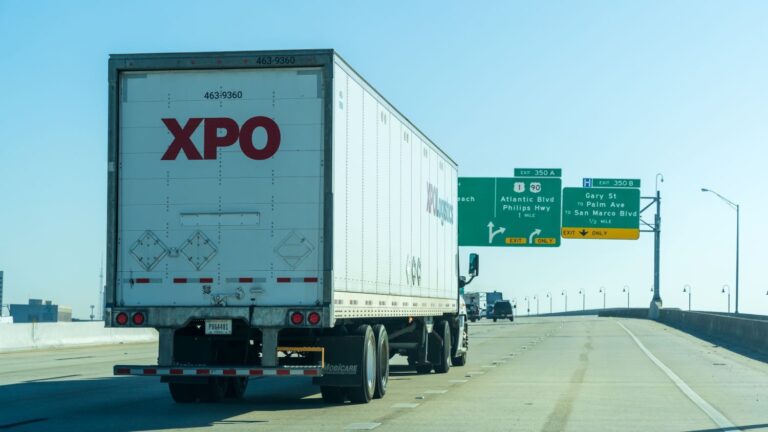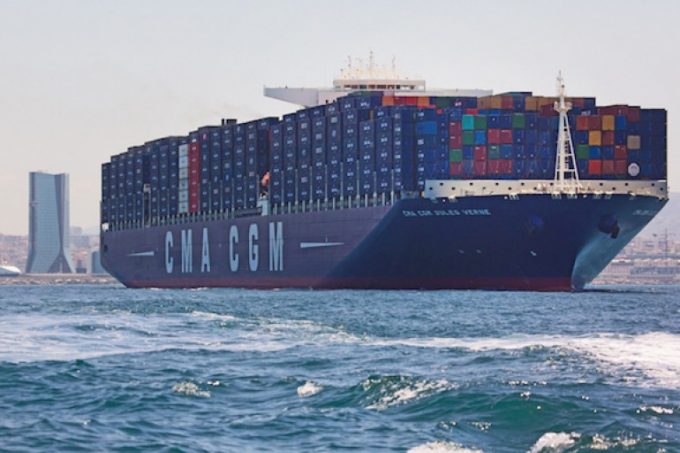
This sound is produced automatically. Please let us know if you have feedback.
Dive brief:
- Canadian post workers on behalf of the Canadian Post Workers’ Union have changed their strike measures, a move that experts said can aggravate the dispute and provoke more transport to find other delivery options.
- The transport company and the union are apart in the continuous negotiations of the contract on issues such as wages and weekend delivery operations. In an attempt to return Canada’s post to the bargaining desk, CUPW’s staff stopped direct delivery on Monday when ending their overtime ban on May 23.
- “Canada has had our global offers since August 20, and instead of answering, they issued an ultimatum: change our suggestions or they get away, without a commitment to return,” said CUPW President John Simpson in a statement on Friday. “We have no choice but to change our strike activity, hoping that Canada will finally take us seriously and return to the bargaining table.”
Dive insight:
Experts said the overtime ban does not help the union now improves its negotiation lever, because a sharp drop in volume meant that employees could deliver packages with limited need to overtime. The volume of the airline in the second quarter decreased by 36.5 % compared to the year in the second quarter, while the closed revenue saw a similar decline of 36.7 % YOY.
John McCleimon, Director of Supply Chain Operational Innovations, is intended to “make a more definitive impact on Canada’s income flow to negotiate or fulfill their conditions, given the exchange ban on a direct letter.
The direct letter of pressure is subjected to a post -trade post in Canada’s neighborhood and is often used for marketing materials. Canada Post earned $ 421 million in neighborhood e -mail revenue in 2024, up 8 % of YOY. The performance of this group helped offset the decline in other direct marketing products.
“This decision affects the thousands of Canadian jobs that come to their customers through information and suggestions,” Canada said on Friday.
Airlines continues to process and deliver other products, such as packages and letters addressed. However, the CUPW neighborhood letter ban could be the start of the intensification of actions between Canada Post and the Union, the risks of transport services for transportation, according to Allison Lilfield, VP of product development in Epost Global.
In an email, Lilafield said in an email: “This may be legalized for” refusal to work “and forcing Canada’s post to be siege – or the union may decide to put a little more difficult and start rotating strikes or completely stopping the job.”
Since uncertainty about continuous negotiations is underway, even more volumes can be transferred from Canada to other delivery options before the critical holiday season. Last year, Canada Posts went on strike during the peak of transportation, causing disturbances for many transport.
“Going to Q4, where many retailers create their year, anything that causes risk or uncertainty about things like service quality, reliability, ability, etc., makes people look elsewhere,” McCleimont said.



